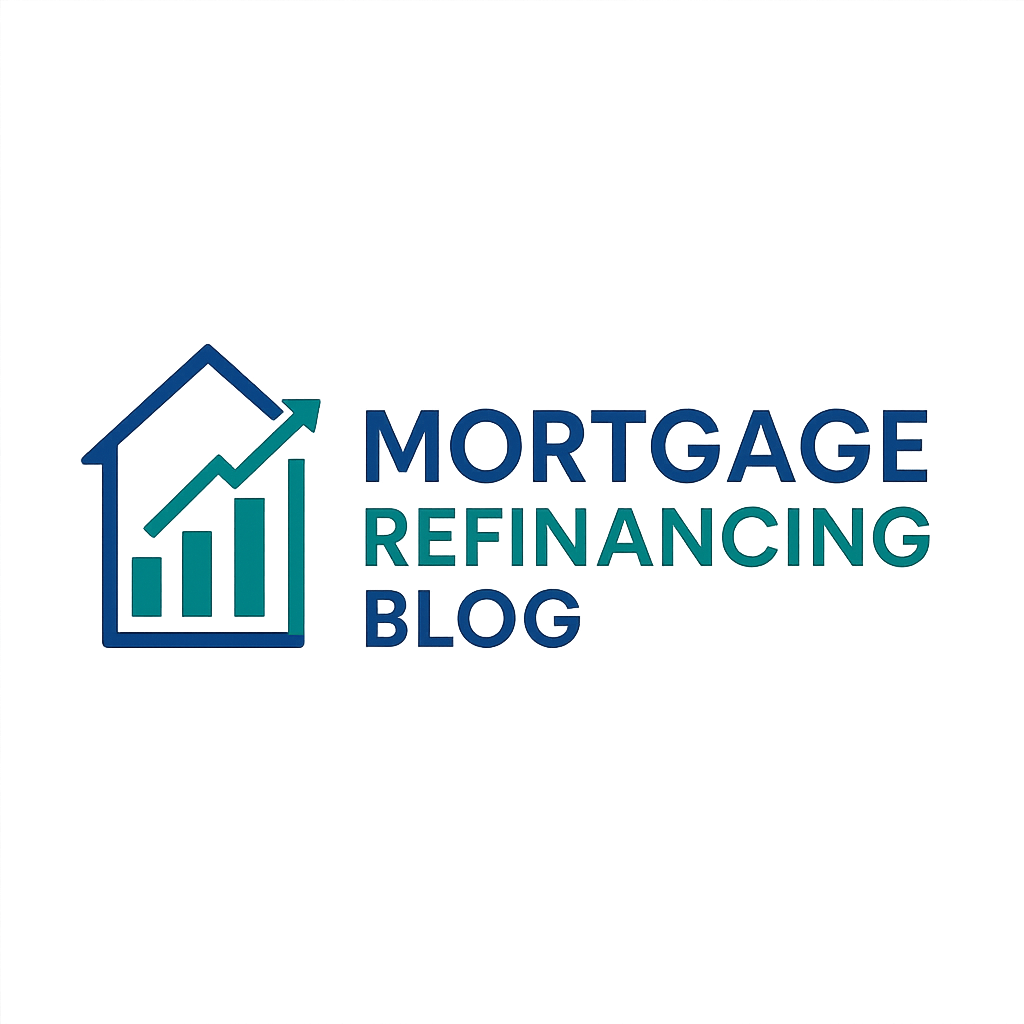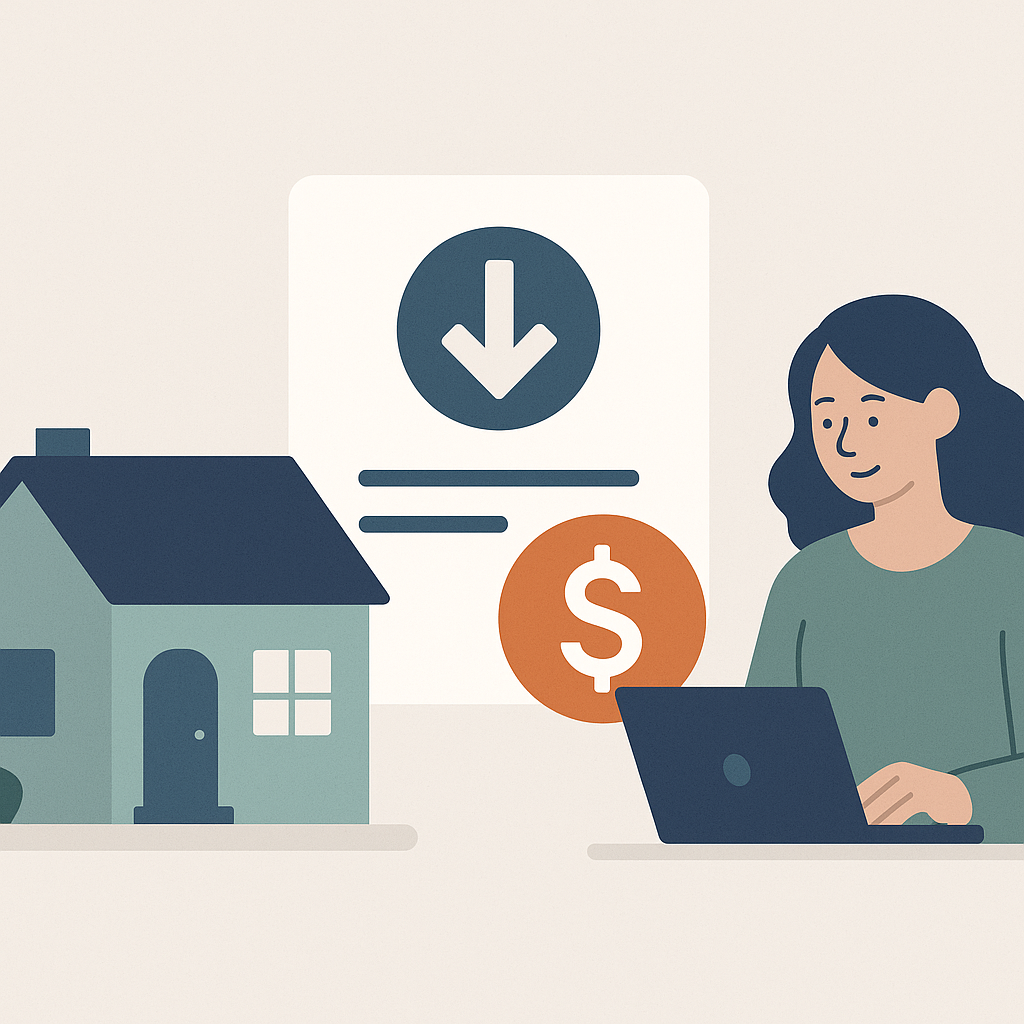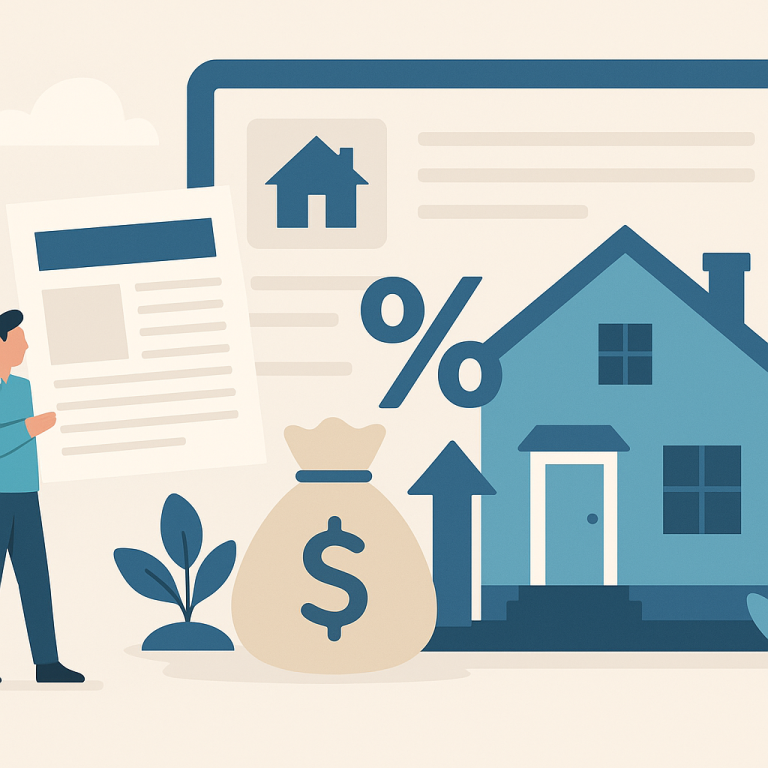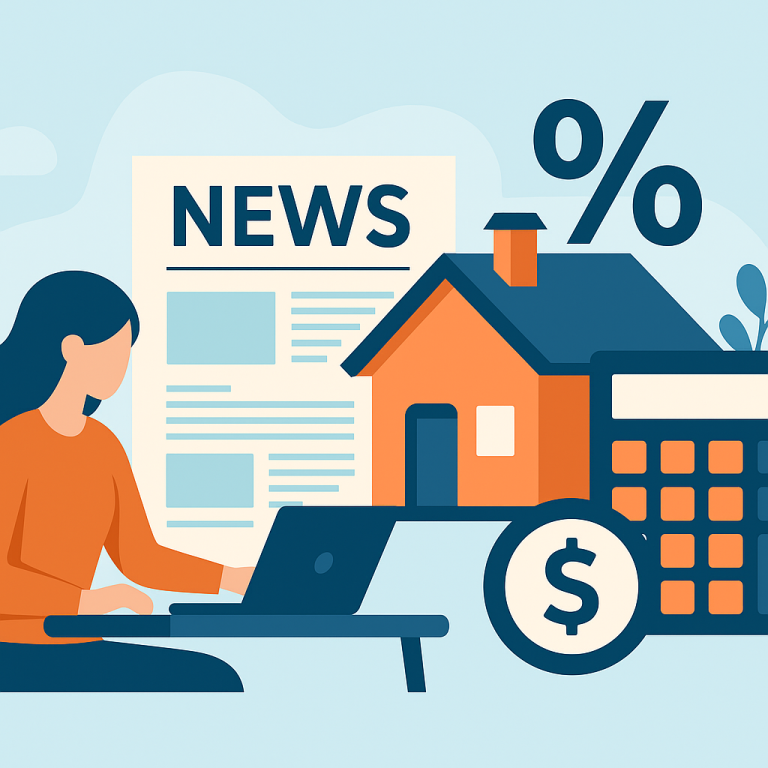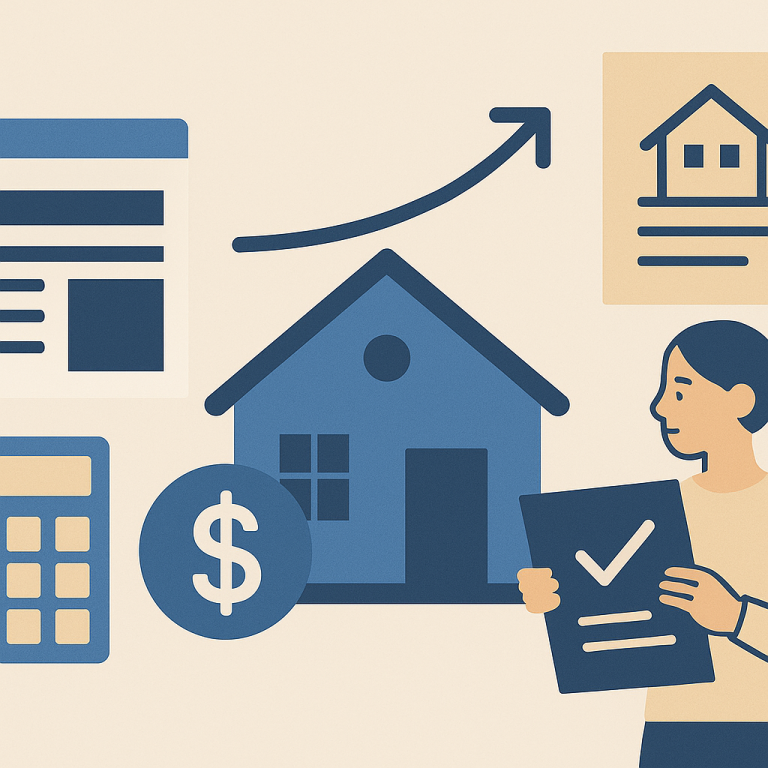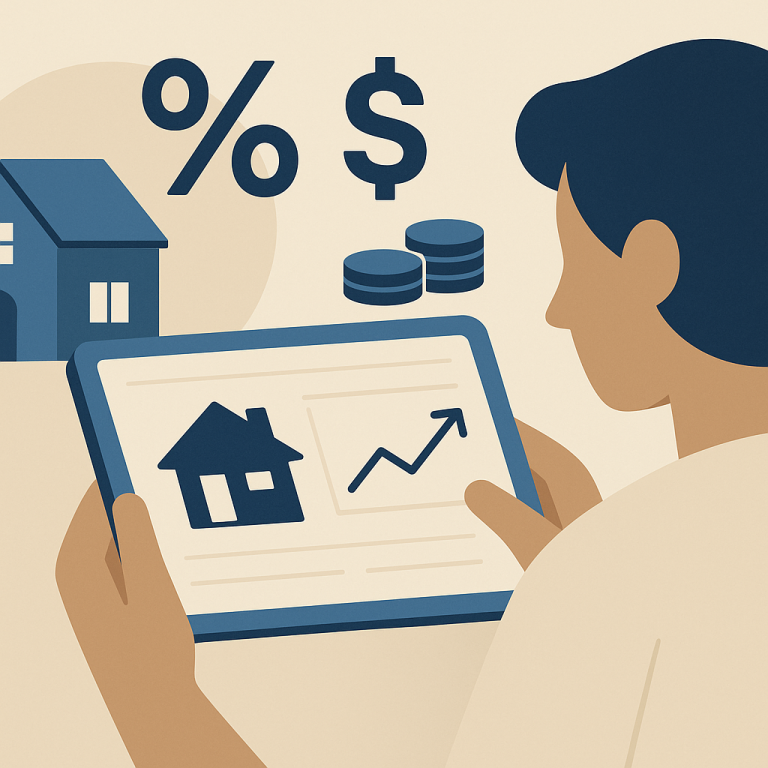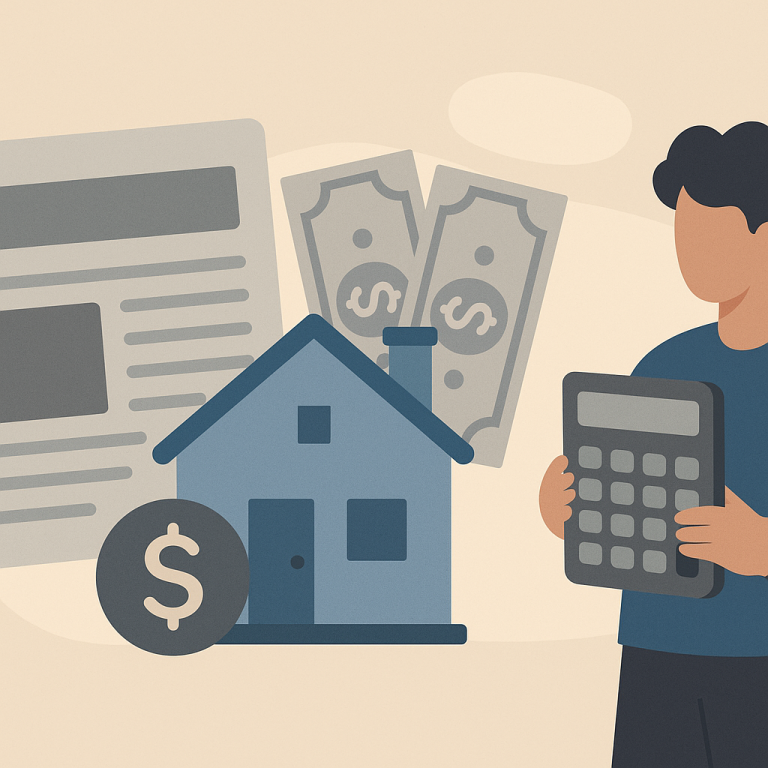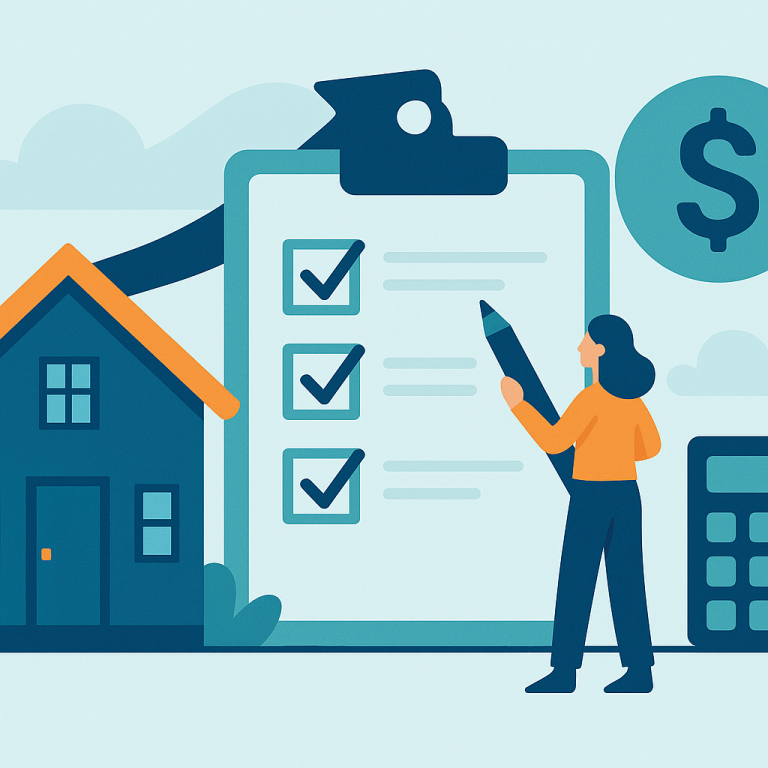Major Lenders Cut Refinance Fees, Saving Homeowners Up to $1,200
At a glance: Higher refinance fees and closing costs and how it could affect refinancing decisions.
Lenders have raised refinance origination fees, pushing up closing costs and lengthening breakeven timelines for many borrowers.
What Higher Refinance Fees Mean for Borrowers
Many homeowners revisit their mortgage when interest rates move or their financial priorities change. One increasingly common choice is refinancing to a shorter loan term rather than merely chasing the lowest possible rate. Shortening the term typically raises the monthly payment but reduces the total interest paid and accelerates equity buildup. This piece explains the trade-offs and presents clear steps for homeowners considering a move from a longer to a shorter mortgage term.
Refinancing into a shorter term is effectively a commitment to pay more each month in exchange for lower interest costs over the life of the loan and a faster path to full ownership. For borrowers already disciplined about budgeting and with stable income, the trade-off can be favorable: more principal is repaid earlier, which reduces long-term interest expense and increases equity that can be used for future financial needs or to avoid mortgage insurance sooner.
However, the strategy is not universally appropriate. Higher monthly payments can strain household cash flow, and closing costs can offset prospective savings if the homeowner does not plan to keep the loan long enough to recoup those expenses. Homeowners with uncertain job prospects, irregular income, or limited emergency savings should weigh the potential stress of larger payments against the potential long-term gains.
Key factors to evaluate
- Break-even horizon: Compare closing costs against monthly savings to estimate how long it will take to recover fees. A shorter break-even period strengthens the case for refinancing.
- Monthly affordability: Ensure the new payment fits comfortably within your budget, accounting for taxes, insurance, and other household obligations.
- Remaining loan term: Those near the end of a current mortgage often gain less from refinancing into a marginally shorter term, since a large share of payments may already be principal.
- Credit profile: Better credit and lower debt-to-income ratios can secure more favorable loan pricing for a shorter-term refinance.
- Loan type and rate structure: Fixed-rate short-term loans lock in predictable payments, while adjustable-rate options carry interest-rate risk that can change the calculus.
- Prepayment penalties and other restrictions: Review the existing mortgage for penalties or limitations that could increase the cost of refinancing.
Actionable steps for homeowners
1) Run the numbers: Obtain multiple loan estimates and use an amortization schedule to compare the interest saved under the shorter term versus the longer-term option. Look both at total interest and the timeline for recovered closing costs.
2) Stress-test your budget: Model scenarios with slightly higher expenses or temporary income reductions to confirm resilience under the new payment.
3) Shop lenders: Rates and fees vary. Request full loan estimates from several lenders and compare APR, closing costs, and any lender credits.
4) Consider hybrid strategies: A modest reduction in term—paired with refinancing to a lower rate—can deliver meaningful savings without a dramatic payment jump. Alternatively, making additional principal payments on the existing mortgage can mimic shorter-term amortization without refinancing costs.
5) Consult a professional: A mortgage advisor or financial planner can help reconcile the refinance decision with broader financial goals such as retirement savings, college funding, or debt management.
Bottom line
Refinancing to a shorter mortgage term can be a disciplined and effective way to reduce long-term interest costs and build equity faster. It is most appropriate for homeowners with stable finances who can absorb higher monthly payments and expect to stay in the home long enough to recoup closing costs. Careful calculation, comparison shopping, and realistic budgeting are essential to determine whether the strategy aligns with individual financial priorities.
META: topic=shorter-term-refinance
